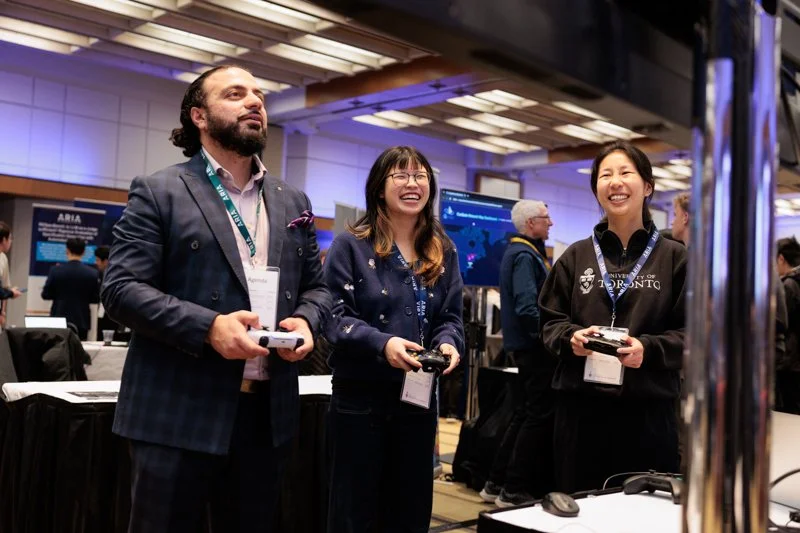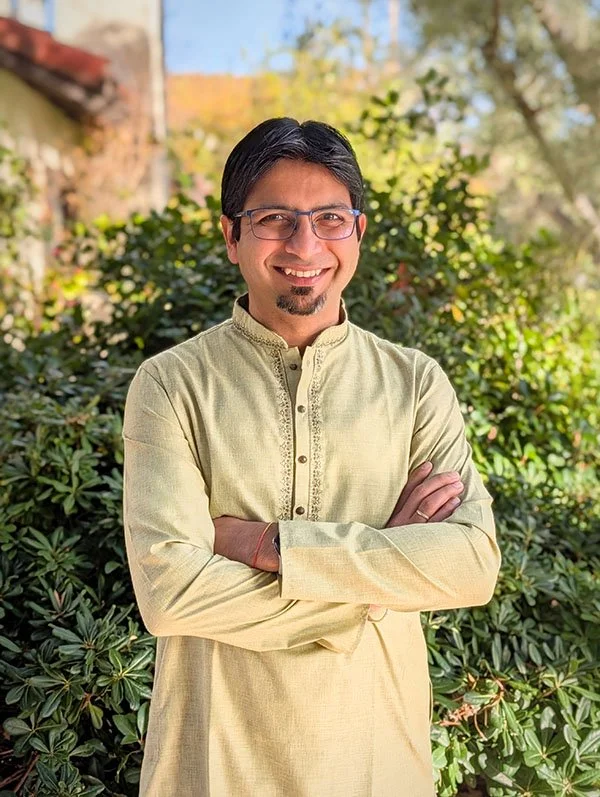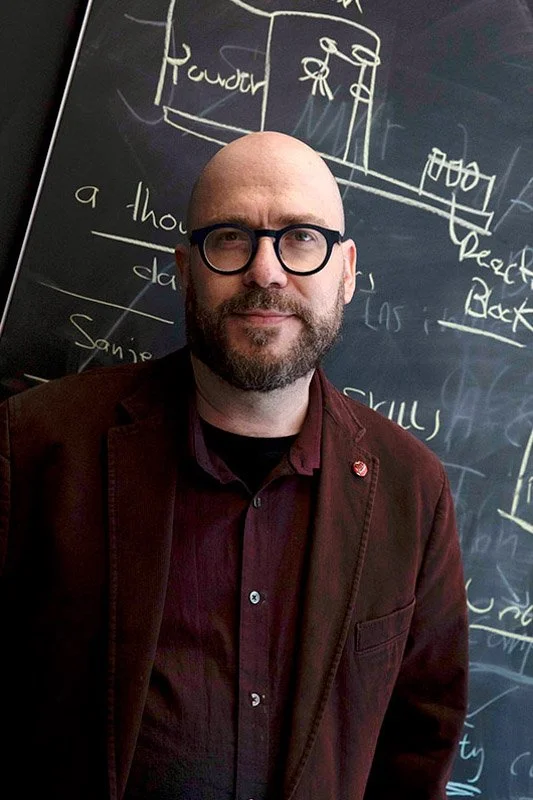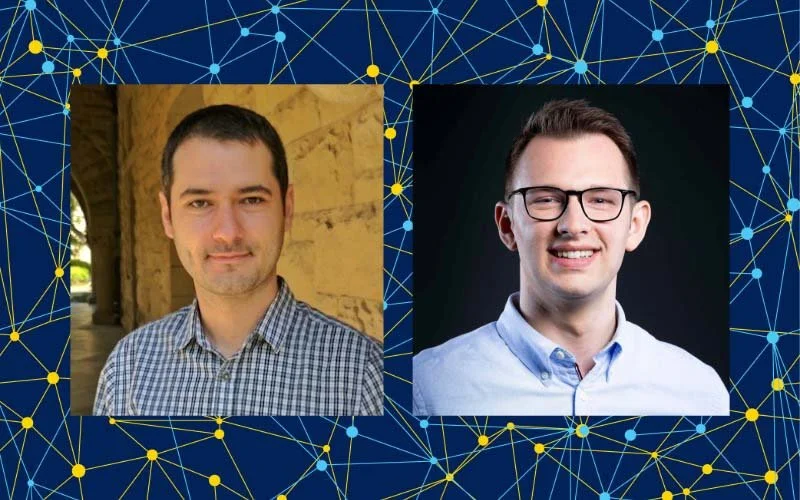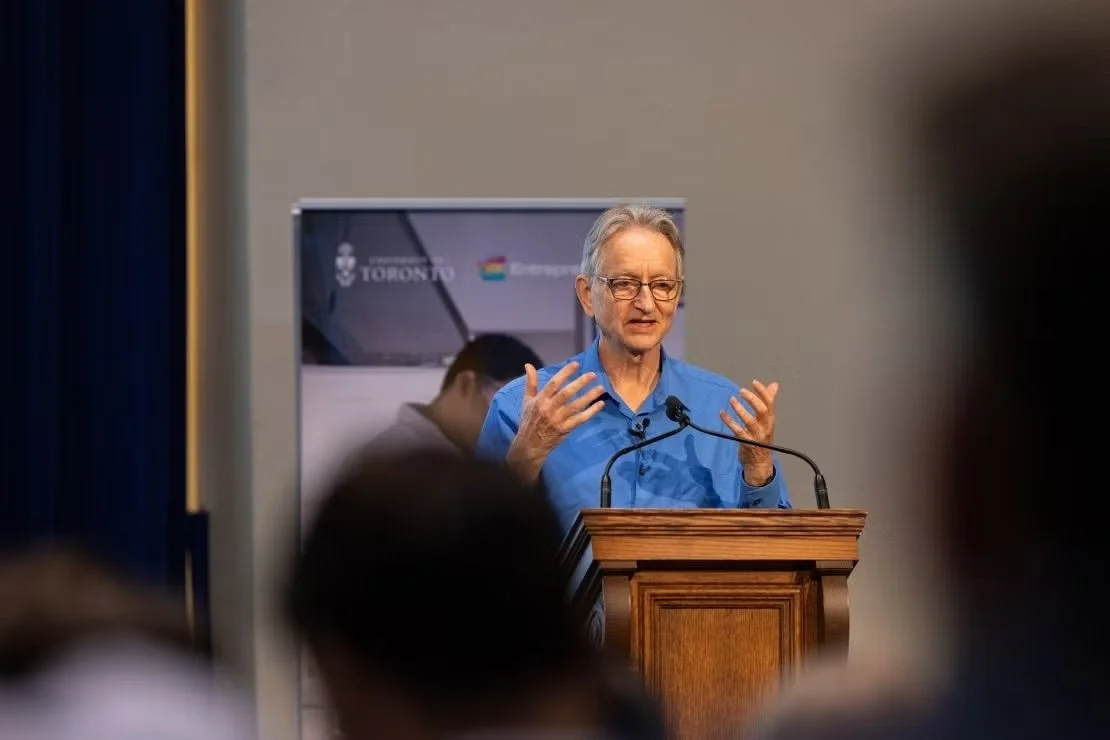The professor, teaching stream was cited “for contributions to online computing education.”
Marsha Chechik, a leading software engineering researcher at the University of Toronto, has received a 2025 Dean’s Excellence Research Award from U of T’s Faculty of Arts & Science.
Associate Professor Sushant Sachdeva has received the University of Toronto’s McLean Award for his groundbreaking work in fast algorithms and graph optimization, advancing some of the most fundamental challenges in computer science.
A new, U of T-led industry-academic partnership aims to build Canada’s innovation advantage in electric vehicle technologies.
ARIA 2025 demonstrated the power of collaboration between academia and industry, showcasing research that drives innovation.
Associate Professor Sushant Sachdeva received the prize in recognition of his work in mathematical optimization and algorithmic theory.
The University of Toronto’s Department of Computer Science, Mitacs and the Fields institute are launching a new student mobility collaboration, strengthening research ties with India.
The U of T computer science faculty members have been named AI2050 Senior Fellows by Schmidt Sciences.
The visionary gift will enable students to delve deeper into topics the tech industry is confronting today
Google and Intel recognize Assistant Professor Anwar Hithnawi for her research in privacy-preserving cryptographic systems.
U of T computer scientist Bo Wang has been named to the Royal Society of Canada’s College of New Scholars, Artists and Scientists.
Professor Alán Aspuru-Guzik has been named a Fellow of the Royal Society of Canada for his pioneering work in AI-driven scientific discovery and interdisciplinary research.
Two U of T computer scientists have received provincial recognition for research that advances sustainable AI and next-generation imaging systems.
Researchers at the University of Toronto discovered a serious security risk in graphics cards (GPUs), which are now widely used to run artificial intelligence (AI) systems.
Jessica Bo, a Vanier Scholar and PhD student in computer science, is developing strategies to make AI systems more transparent and trustworthy for everyday use.
A team of researchers, including Department of Computer Science postdoc James Requeima, has developed an AI tool to predict the weather faster and with a fraction of the computing power of traditional methods
In a fireside chat with Cohere co-founder Nick Frosst at Toronto Tech Week, AI pioneer Geoffrey Hinton explored the profound promises and existential risks of artificial intelligence.
Graduates, families and faculty gathered under the tent to celebrate a milestone in computer science at U of T.
Three siblings, all recent University of Toronto computer science graduates, are harnessing the power of artificial intelligence to drive innovation in health care, equity and global development.
A look back at the Class of 2025 through a series of Q&A’s with undergraduate, MSc, MScAC and PhD graduates reflecting on their academic journeys and future plans.
Three U of T computer science faculty members have been nationally recognized by CS-Can | Info-Can for their outstanding contributions.
The U of T computer scientist has been recognized for his influential work in machine learning, AI safety and AI governance.
Recognized nationally for her innovative teaching and curriculum leadership, Diane Horton has been awarded the 2024 CS-Can | Info-Can Excellence in Teaching Award.
Professor Faith Ellen has been honoured with a 2024 Lifetime Achievement Award from CS-Can | Info-Can for her outstanding contributions to computer science.





